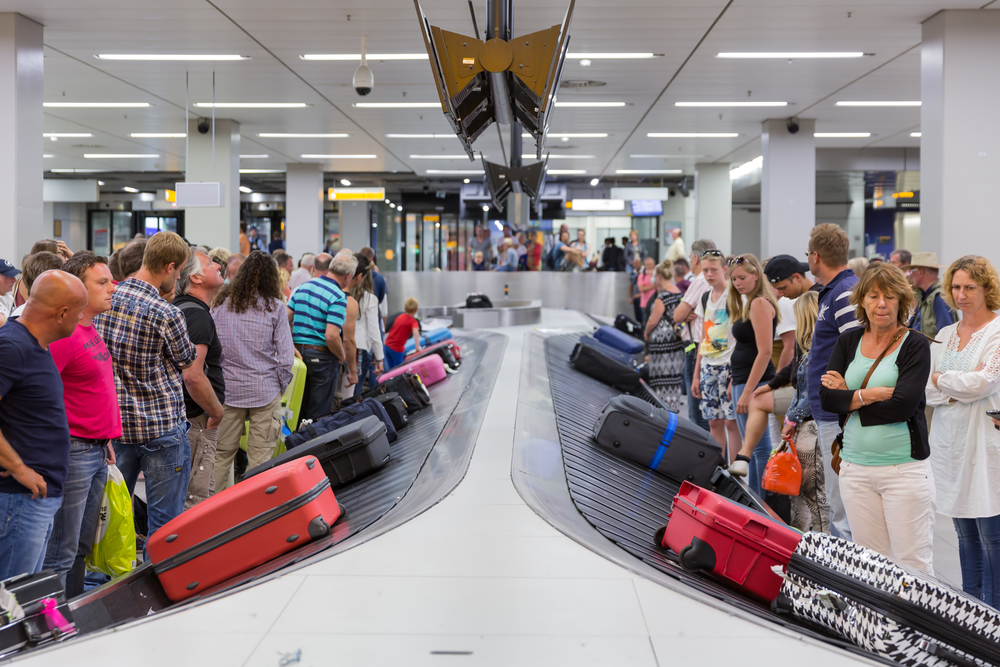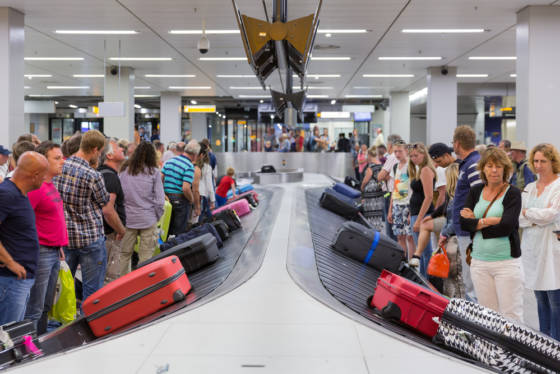Vaccine rules in other countries threaten Dutch winter travel plans


Thousands of Dutch residents face having to cancel their winter travel plans because they no longer qualify as fully vaccinated under new rules that apply from February 1.
The EU has brought in a nine-month expiry date for the first two vaccine doses as part of a move to harmonise cross-border travel. But within EU countries the criteria for coronavirus passports vary widely.
People who were given the single-shot Janssen vaccine do not count as fully vaccinated in countries and regions where the minimum standard is two vaccine doses plus a booster or recovery certificate.
Families who had booked skiing holidays or visits to relatives during the February school holiday now have to choose between cancelling their plans or dealing with the stricter rules that apply to unvaccinated travellers.
One man, Luke, who has a skiing holiday in Austria booked, told DutchNews: ‘I’ve literally done everything I was told as soon as I could. I’ve had Janssen, had a booster and had Covid. But I still don’t count as boostered.’
In Germany people with a Janssen vaccine alone are classed as unvaccinated, whole those with a booster jab count as fully vaccinated but not boostered. The latter group still have to show a recent negative test before they can go into bars, restaurants and cafes under the 2G+ system that was introduced in January.
Dansen met Janssen
More than 860,000 Janssen doses have been given in the Netherlands, where the jab has the same validity as two doses of another vaccine.
Last July the health ministry briefly promoted it as a fast-track option for people wanting to go to nightclubs and other venues that required a QR code.
The then health minister Hugo de Jonge was heavily criticised for the slogan ‘dansen met Janssen’ (dancing with Janssen) in the wake of an explosion in cases. As a result the ministry introduced a 28-day waiting period before people could claim their coronavirus passes.
Health minister Ernst Kuipers has said he will consult the health council (Gezondheidsraad) about how to resolve the situation around the Janssen vaccine.
Another potential headache for Dutch travellers is that Germany has cut the validity of recovery certificates to 90 days, while in the Netherlands people who test positive have to wait three months to book a booster vaccine.
Quarantine for children
Germany also requires all children over the age of six to have two vaccine doses, while the Netherlands only began giving vaccines to under-12s in the middle of January. All children who are not fully vaccinated – including babies – must quarantine for five days after arriving, while those aged six and over must take a test before leaving quarantine.
Austria has a similar 2G+ system in place, but people with a single dose of Janssen and a booster can obtain a QR code without taking a PCR test first.
France has also recently introduced the 2G system, or pass vaccinal, which requires people to have two vaccine doses and a booster – though anyone who has had the Janssen vaccine or previously contracted coronavirus only needs a single vaccine dose plus a booster.
The UK, meanwhile, does not count people who have recovered from coronavirus and had one vaccine dose as fully vaccinated. They will still have to take a test two days or less before leaving for the UK and book another test to take two days after they arrive. From February 11 tests are no longer required for people who are double vaccinated.
Thank you for donating to DutchNews.nl.
We could not provide the Dutch News service, and keep it free of charge, without the generous support of our readers. Your donations allow us to report on issues you tell us matter, and provide you with a summary of the most important Dutch news each day.
Make a donation